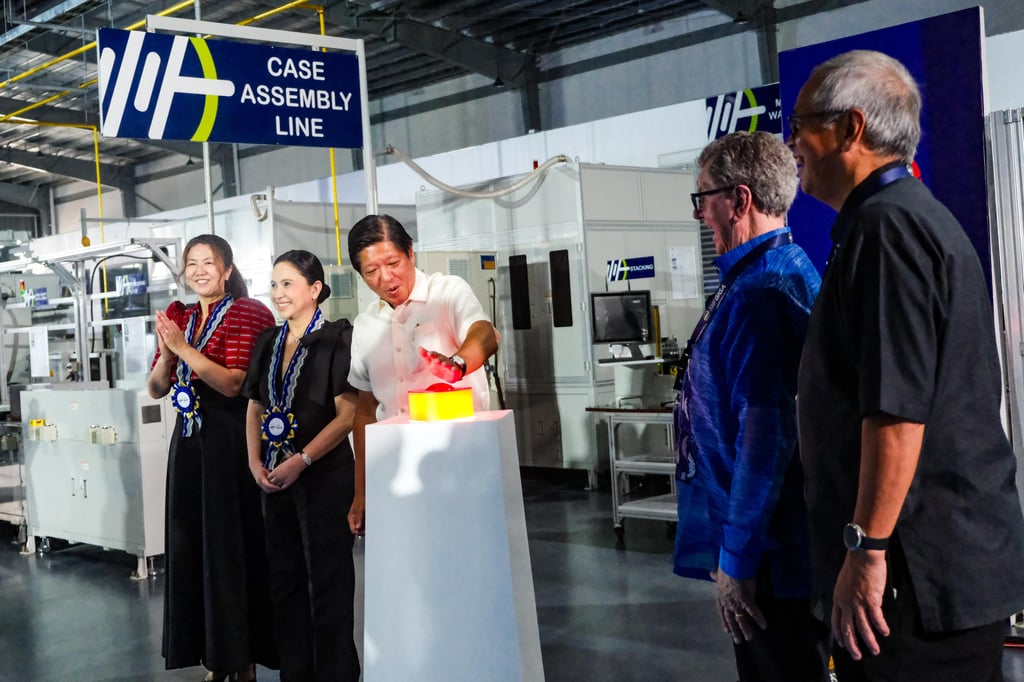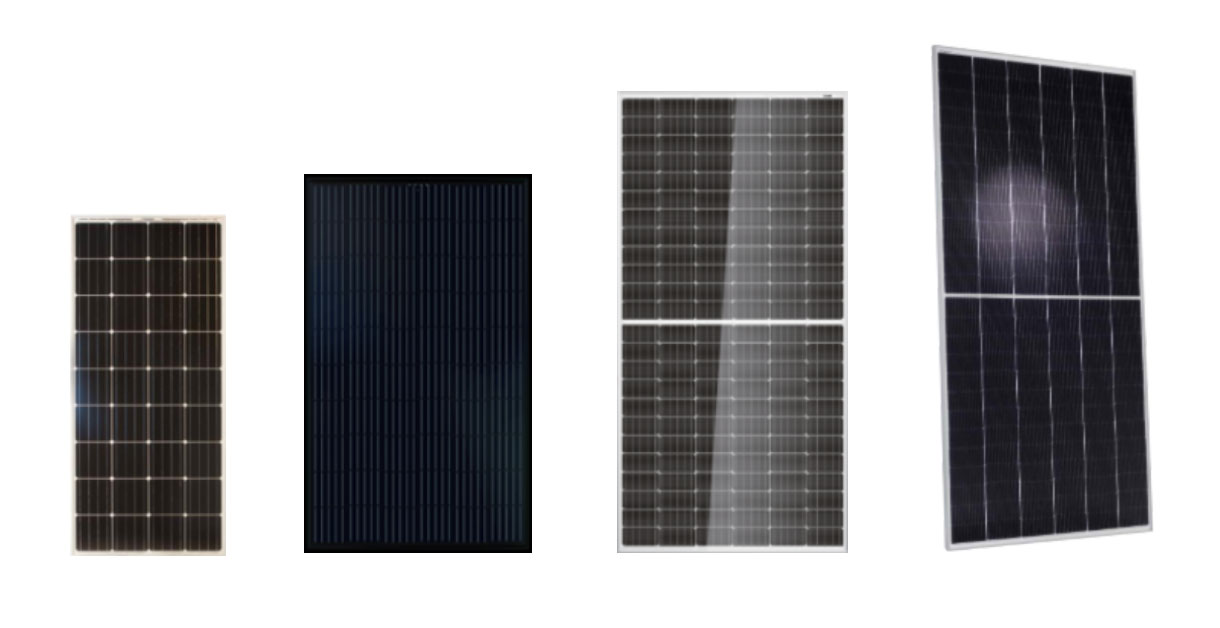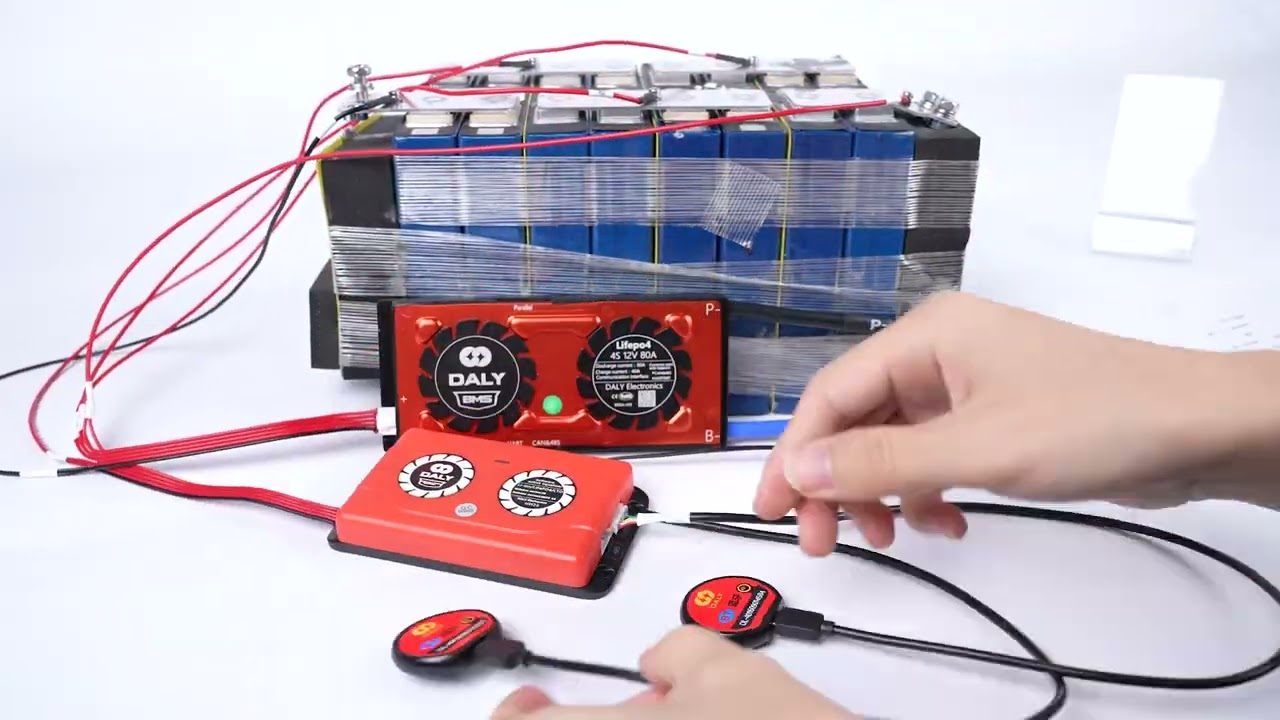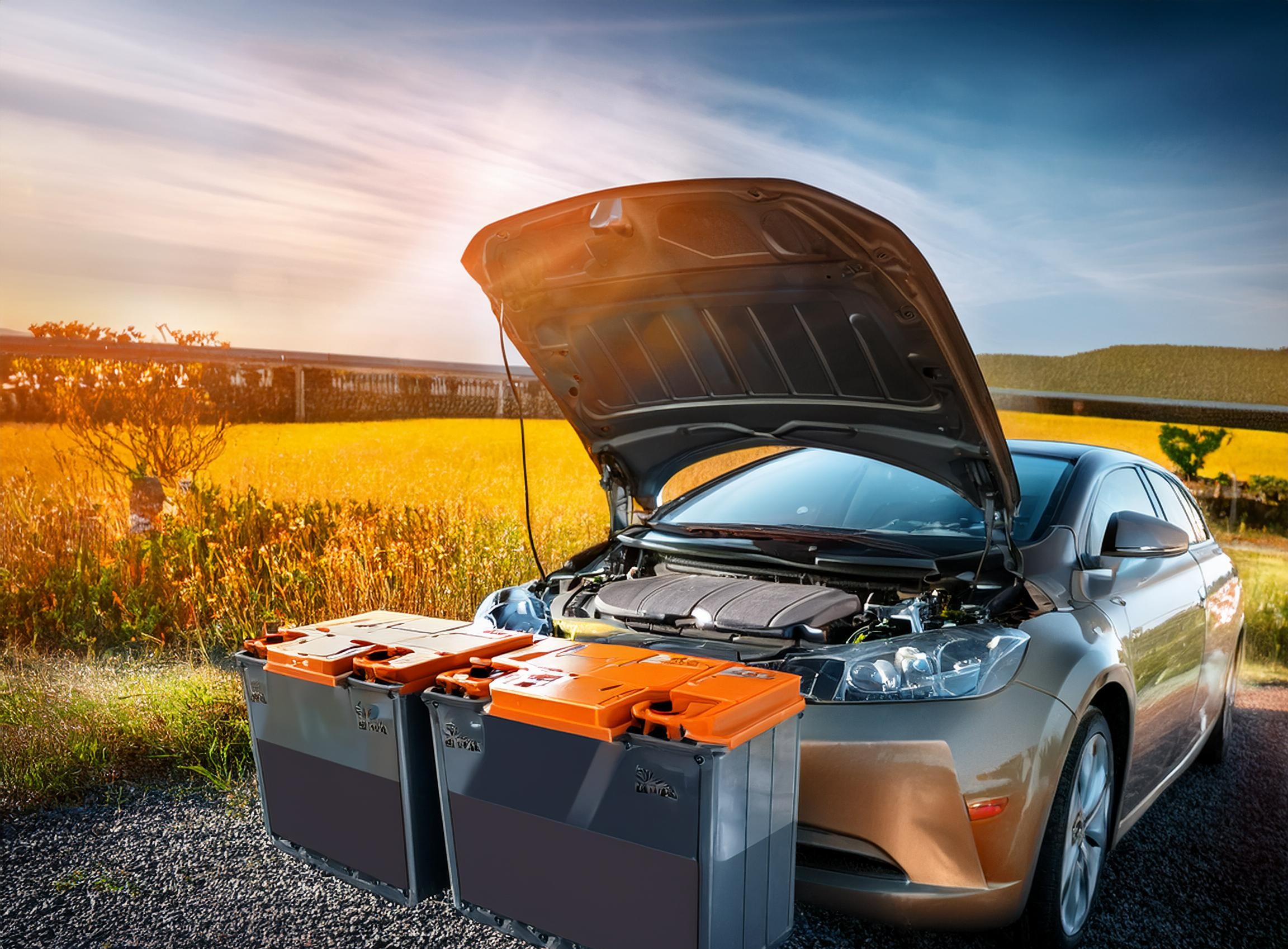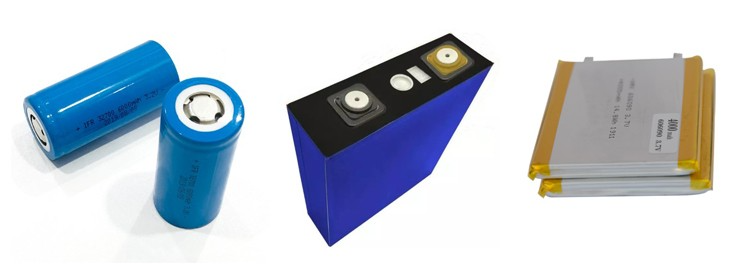First LiFePO4 battery factory in the Philippines
The Philippines recently opened its first lithium iron phosphate (LiFePO4) battery manufacturing plant, a significant milestone for the country's electric vehicle (EV) and renewable energy sectors. Located in New Clark City, Tarlac, the StB GigaFactory was developed through a partnership between Australian and Chinese investors and represents a major investment in the clean energy industry.
The factory, which cost around P7 billion, is part of a broader strategy to reduce dependence on imported fuels and enhance the local EV market. Once fully operational, the facility aims to produce two gigawatt-hours of battery capacity annually, which could power approximately 18,000 electric vehicles and supply nearly half a million home energy systems. The StB GigaFactory is expected to generate about 2,500 jobs and contribute significantly to the renewable energy landscape in the Philippines, potentially attracting more investors in this sector.
The factory’s focus on LiFePO4 batteries, known for their safety and longevity, positions the Philippines as a key player in Southeast Asia’s clean energy storage market. It is expected to play a pivotal role in meeting the country's renewable energy goals and the development of a local EV industry
The opening of the StB GigaFactory in the Philippines is expected to have several positive effects on the cost of LiFePO4 batteries in the local market and possibly beyond:
1. Reduced Import Dependence
- Local production of LiFePO4 batteries means that the Philippines will rely less on imports from other countries like China. This can lower transportation and importation costs, which in turn should reduce the overall price of batteries sold domestically.
- With fewer import tariffs and shipping expenses factored into the price, manufacturers of electric vehicles (EVs) and energy storage systems can source batteries more affordably.
2. Economies of Scale
- As the factory scales up production (with plans to reach two gigawatt-hours annually), the cost per battery is likely to decrease due to economies of scale. Mass production helps spread out fixed costs, making it cheaper to produce each individual battery.
- Over time, as the factory reaches full operational capacity, the cost-per-kilowatt-hour of LiFePO4 batteries is expected to decrease, benefiting consumers.
3. Price Competitiveness
- The factory aims to export up to 70% of its production to other countries like Australia and those in Southeast Asia. This puts the Philippines in a stronger position to compete globally on pricing, especially as battery demand rises for both EVs and energy storage systems.
- Local competition from the factory may drive down prices from other suppliers in the region, fostering a more competitive market that benefits consumers through lower prices.
4. Increased Renewable Energy Integration
- By producing batteries domestically, the cost of energy storage systems for solar and other renewable energy sources could decrease. This reduction in cost can make renewable energy solutions more affordable for both residential and commercial users.
- As a result, integrating these batteries into off-grid power systems and grid stabilization projects may become more financially feasible, contributing to overall cost savings for energy consumers.
5. Potential Reduction in EV Costs
- Since the StB GigaFactory will supply batteries for electric vehicles, there could be a gradual reduction in the price of locally manufactured EVs. Batteries are a significant cost component in EVs (up to 40% of the total cost), and a cheaper, locally sourced battery will make EVs more affordable to consumers.
6. Long-term Consumer Savings
- As the price of LiFePO4 batteries decreases, the affordability of energy storage systems increases, allowing more homeowners and businesses to invest in backup power solutions and reduce reliance on the grid, leading to long-term savings in energy costs.
In summary, the new factory's local production capacity, export focus, and ability to scale up output will likely contribute to lower costs for LiFePO4 batteries in the Philippines, benefiting industries like renewable energy and electric vehicles, and ultimately making these technologies more accessible to consumers

